INVA HASANALIAJ
Although the COVID-19 vaccination campaign has yet to start, following its development in November this year, social networks and online media in our country were loaded with conspiracy theories about its adverse effects. A European research showed that while Albania was ranked second as a country where people believed a lot in conspiracy theories, North Macedonia was ranked second last, thus revealing a higher level of trust in institutions under the COVID-19 pandemic.
Since the worldwide onset of the COVID-19 pandemic in March 2020, one of the greatest concerns was the development of the vaccine. In November 2020, the German Company BioNTech and the American Firm Pfizer announced a vaccine candidate, which was found to be more than 90% effective in preventing COVID-19, in the first interim efficacy analysis from Phase 3 Study. Despite lack of information on whether Albania was going to provide vaccination to its citizens in the near future, social networks and online media started sharing fake news or conspiracy theories focusing on the vaccine efficacy and consequences. The following are the news that were and are being share in multiple Albanian media about the vaccine:
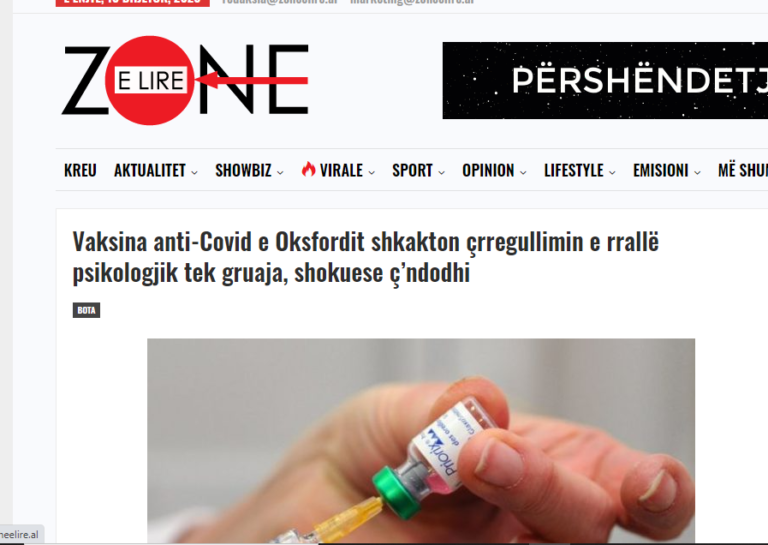

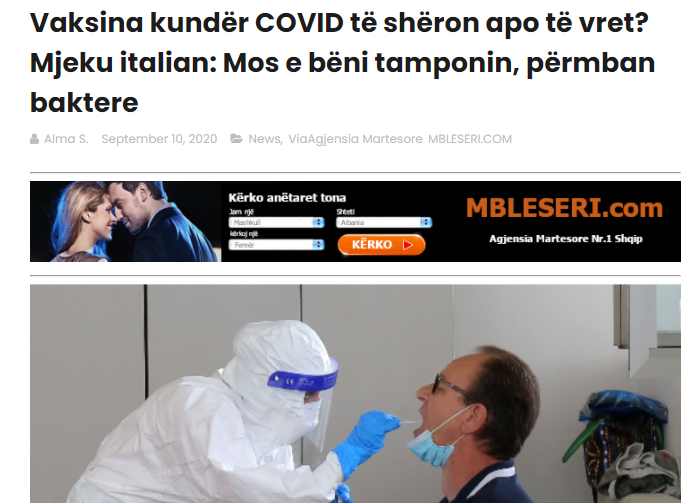

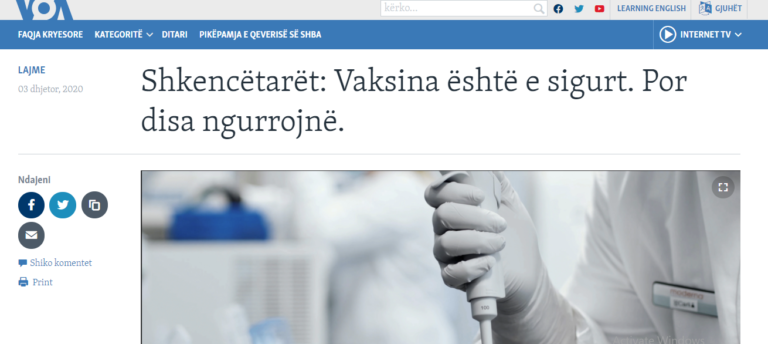
Research on this theory
The latest survey by the Balkans in Europe Policy Advisory Group (BiEPAG) shows that over 75% of the Western Balkans population believes a lot or some in any conspiracy theories about COVID-19.
According to the survey, the country was the highest rate of conspiracy theories supporters in the Western Balkans was Albania. The chart shows how North Macedonia is ranked second last among the countries supporting conspiracy theories.
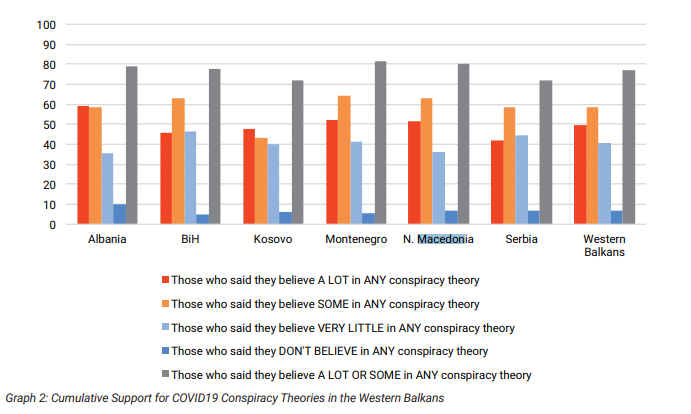
Conspiracy theories have spread among the society of the Western Balkans, highlighting and strengthening lack of trust in the institutions.
What does the WHO say?
Among other public information regarding the COVID-19 vaccine, the WHO stated that when someone is vaccinated, they are very likely to be protected against the targeted disease. But not everyone can be vaccinated. People with underlying health conditions that weaken their immune systems (such as cancer or HIV) or who have severe allergies to some vaccine components may not be able to get vaccinated with certain vaccines.
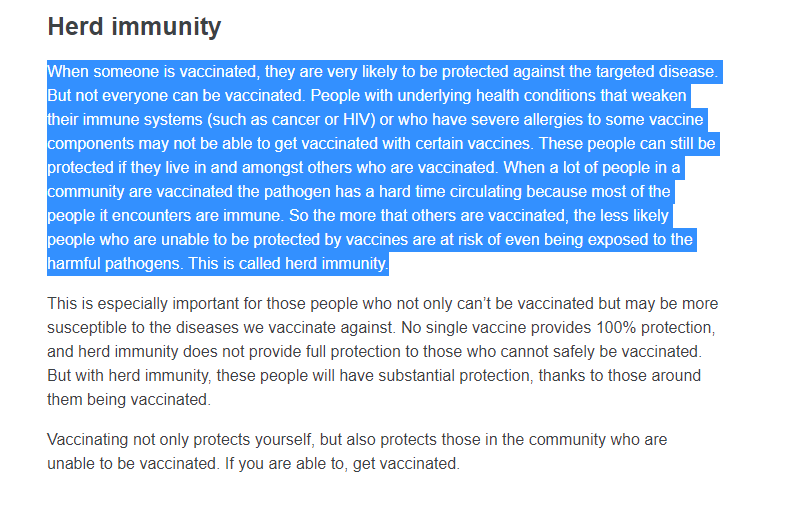
However, in no other paragraph of this public announcement does any information talk about genetic of psychological disorders caused by the vaccine.
What do doctors say?
According to Dr. Erion Dasho, who is also Director of Health and Innovation in Frankfurt, the pandemic was characterized by a known phenomenon, which had multiplied as a result of the public interest and significance. Such phenomenon was caused by the fact there a lot of news was not destined for public consumption, as few people have the qualifications to understand and analyze it. Yesterday, a 21-person Food and Drug Administration (FDA) panel voted 17-4 to move forward with the vaccine. This means that there are people who, in accordance with their area of competence, deem that certain elements of vaccine safety are still unclear. However, the majority of the panel voted for the vaccine and this is the most important message for the Albanian public. “The greatest news is that a prestigious body like FDA has authorized the use of the vaccine, and that should be enough for everyone to understand that the vaccine is efficient and will not have alarming side effects.” – Dasho concluded.






